News
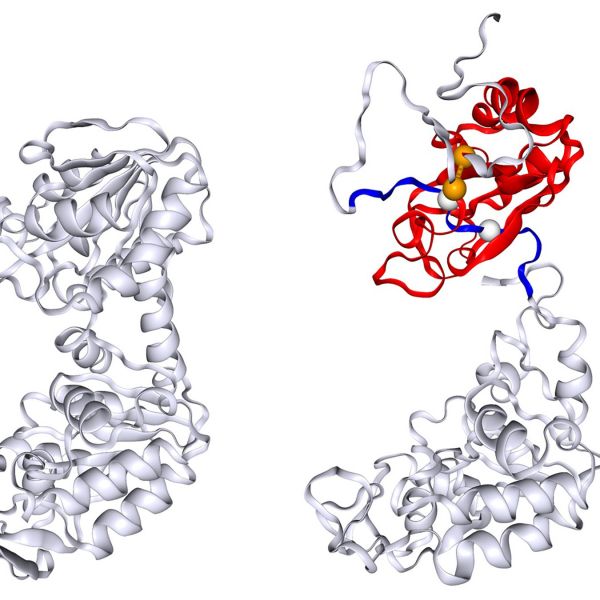
Mar 17, 2025
Protein accidentally lassos itself, helping explain unusual refolding behavior
New study demonstrates a potential protein misfolding mechanism that could solve a decades-old mystery of why some proteins refold in a different pattern than expected.
Full Article
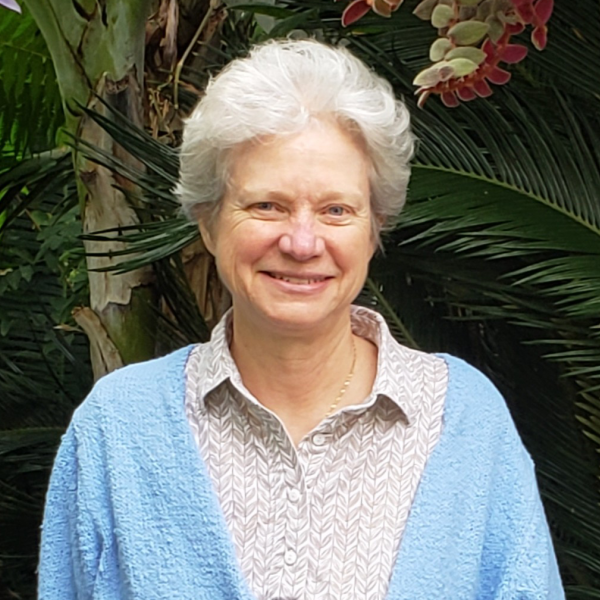
Mar 14, 2025
Plant biologist awarded the Masatoshi Nei Innovation Prize in Biology
Sarah Assmann, Waller Professor of Plant Biology at Penn State, has been awarded the Masatoshi Nei Innovation Prize in Biology. The award was established through a generous gift from Masatoshi Nei, professor emeritus of biology at Penn State; Laura Carnell, professor of biology at Temple University; and Nei’s wife, Nobuko Nei. The prize is intended to recognize a preeminent scientist who is on the faculty at Penn State, is an innovator in their field, and has achieved outstanding scientific research and leadership in the biological sciences.
Full Article
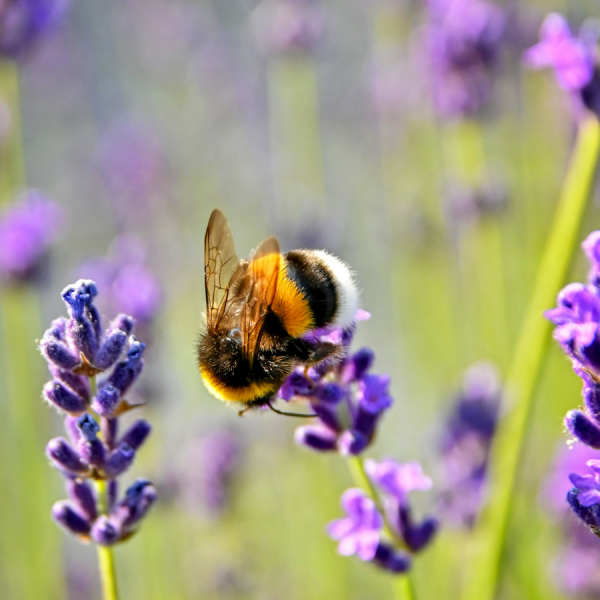
Mar 12, 2025
Analyzing genetic ‘signatures’ may give insight into what stresses wild bees
A new method of examining gene expression patterns called landscape transcriptomics may help pinpoint what causes bumble bees stress and could eventually give insight into why bee populations are declining overall.
Full Article
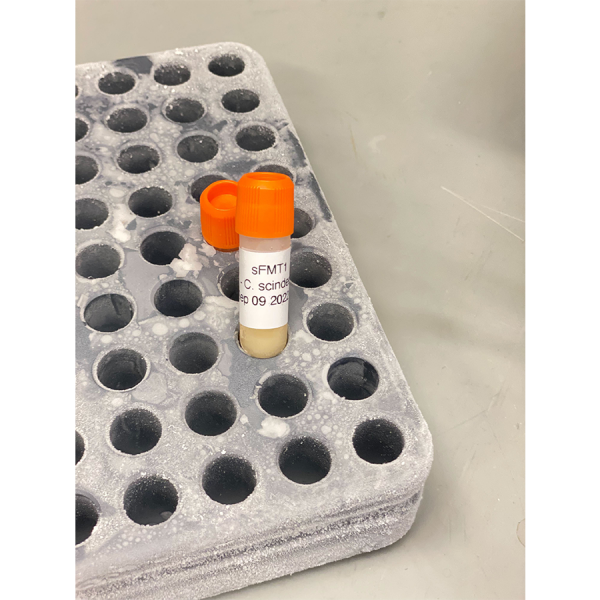
Mar 04, 2025
Synthetic microbiome therapy suppresses bacterial infection without antibiotics
Precise, targeted treatment using limited strains of gut bacteria effectively protected against C. difficile infection, severe symptoms and recurrent infections in mice.
Full Article
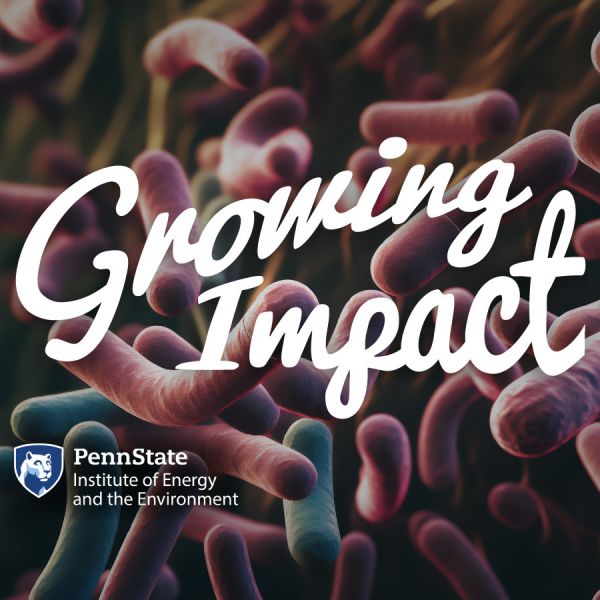
Mar 03, 2025
'Growing Impact' discusses environmental contaminants, human health
The latest episode of Growing Impact discusses how environmental contaminants affect human health, a research focus for Penn State professors Andrew Patterson and Costas Maranas.
Full Article
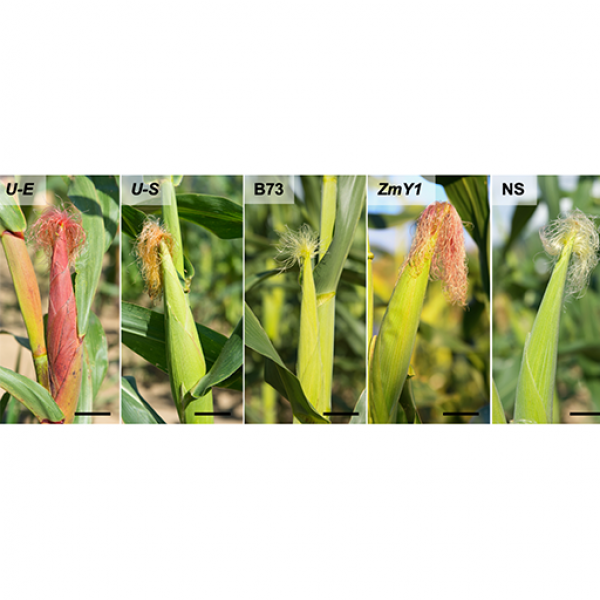
Feb 20, 2025
Select corn lines contain compounds that sicken, kill major crop pest
The compounds, called flavonoids, have an insecticidal effect on corn earworm larvae.
Full Article
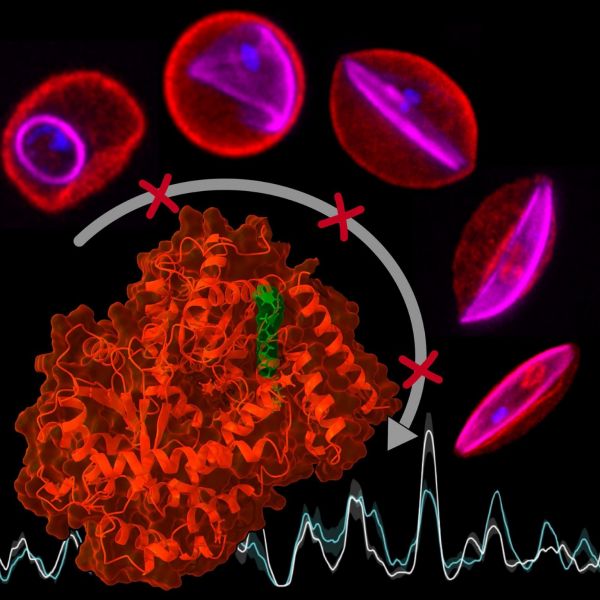
Feb 20, 2025
Disrupting parasite gene regulation reveals new malaria intervention strategy
Malaria's deadliest parasite relies on precise gene regulation to survive. A new multinational study, including Penn State scientists, reveals key insights into these control mechanisms.
Full Article

Feb 13, 2025
Team Dynamics course to be available for Huck graduate students in Fall 2025
A unique team-building and leadership course, taught by faculty from the Smeal College of Business MBA program, is available for a limited number of Huck graduate students next fall.
Full Article
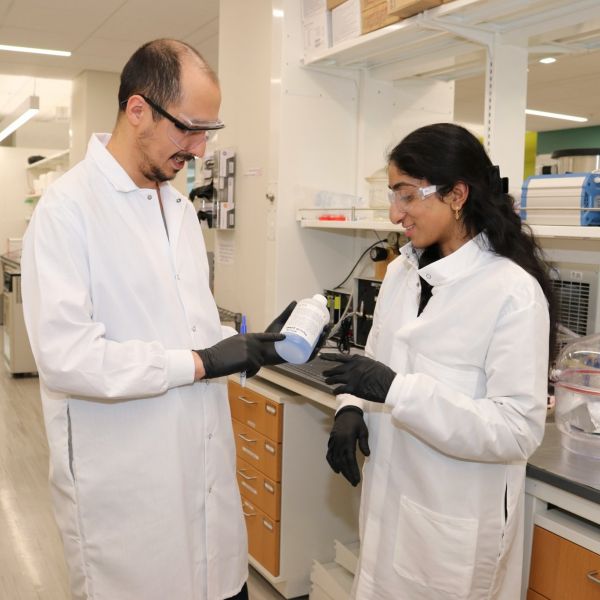
Feb 11, 2025
Sustainable Labs Program increases participant engagement, welcomes new labs
Two upcoming virtual sessions will cover how labs can learn more and join next year’s cohort.
Full Article
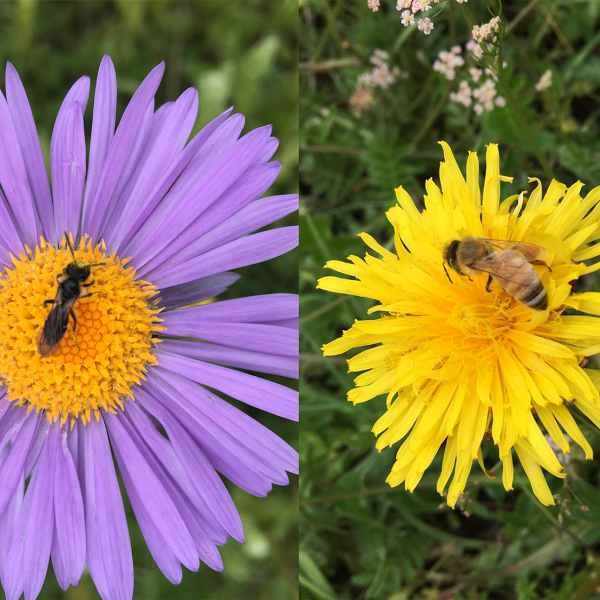
Feb 07, 2025
Native bee populations can bounce back after honey bees move out
Managed honey bees have the potential to affect native bee populations when they are introduced to a new area, but a study led by researchers at Penn State suggests that, under certain conditions, the native bees can bounce back if the apiaries are moved away.
Full Article